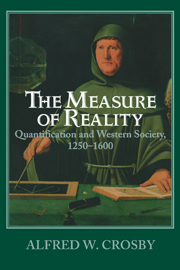Preface
Published online by Cambridge University Press: 05 October 2013
Summary
This is the third book I have written in my lifelong search for explanations for the amazing success of European imperialism. Europeans were not the crudest and not the kindest imperialists, not the earliest and not the latest. They were unique in the degree of their success. They may retain that distinction forever, because it is unlikely that one division of the world's inhabitants will ever again enjoy such extreme advantages over all the rest.
Cyrus the Great, Alexander the Great, Genghis Khan, and Huayna Capac were great conquerors, but they were all confined to no more than one continent and at best a wedge of a second. They were homebodies compared with Queen Victoria, on whose empire (to resuscitate a very old cliché) the sun literally never set. The sun also never set on the empires of France, Spain, Portugal, the Netherlands, and Germany in their heyday. The explanations for this triumph, popular in Europe circa 1900, were fueled by ethnocentrism and justified by Social Darwinism. They were, simply, that those members of the human species most subject to painful sunburns were the most recent, highest, and, in all likelihood, final twigs on the exfoliating tree of evolution. Pale people were the brightest, most energetic, most sensible, most aesthetically advanced, and most ethical humans. They conquered all because they deserved to.
- Type
- Chapter
- Information
- The Measure of RealityQuantification in Western Europe, 1250–1600, pp. ix - xiiPublisher: Cambridge University PressPrint publication year: 1996



